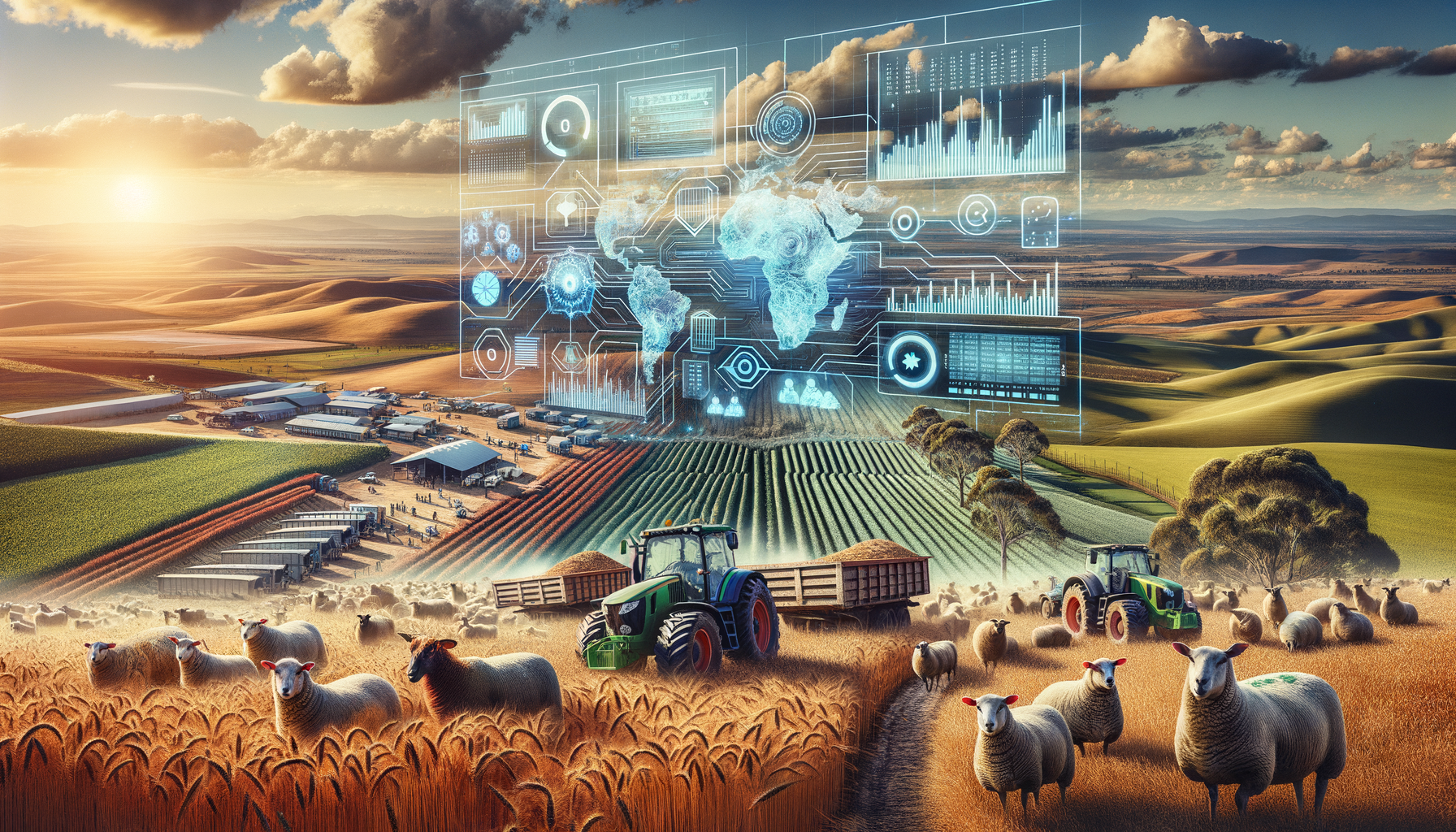Introduction to Agricultural Accounting Software
In the ever-evolving world of agriculture, managing finances efficiently is as crucial as cultivating crops. Agricultural accounting software is designed to meet the specific needs of farmers in Australia, offering tailored features that help streamline financial management. From crop yield tracking to tax calculations and financial forecasting, these programs provide a comprehensive solution for managing farm finances more effectively. As the agricultural industry faces increasing challenges, such as climate change and market fluctuations, having a reliable accounting tool is essential for sustainability and growth.
Features of Agricultural Accounting Software
Agricultural accounting software is equipped with a variety of features that cater specifically to the needs of farmers. These features include:
- Crop Yield Tracking: This feature allows farmers to monitor crop production and make informed decisions about planting and harvesting.
- Tax Calculations: The software simplifies complex tax processes, ensuring compliance with Australian tax regulations.
- Financial Forecasting: By analyzing past data, the software can predict future financial trends, helping farmers plan for the future.
- Inventory Management: Keeping track of equipment, seeds, and other resources is made easier, reducing waste and optimizing use.
These features collectively contribute to a more organized and efficient farm management system, allowing farmers to focus more on their core activities.
Benefits of Using Agricultural Accounting Software
Using agricultural accounting software offers numerous benefits to farmers, including:
- Time Savings: Automating financial tasks reduces the time spent on manual bookkeeping and paperwork.
- Accuracy: Minimizing human error through automated calculations ensures more precise financial records.
- Improved Decision-Making: Access to real-time data and analytics supports better strategic planning and decision-making.
- Cost Efficiency: By optimizing resource use and minimizing waste, farmers can reduce operational costs.
These benefits collectively enhance the overall efficiency and profitability of farm operations, making agricultural accounting software a valuable investment for farmers.
Challenges in Implementing Agricultural Accounting Software
Despite its advantages, implementing agricultural accounting software can present challenges. Farmers may face issues such as:
- Initial Costs: The upfront investment in software and necessary training can be significant.
- Technical Skills: Farmers may need to acquire new technical skills to effectively use the software.
- Data Security: Protecting sensitive financial data from cyber threats is a critical concern.
- Integration with Existing Systems: Ensuring compatibility with current farm management systems can be complex.
Addressing these challenges requires careful planning and support from software providers to ensure a smooth transition and maximize the software’s potential benefits.
Future Trends in Agricultural Accounting Software
The future of agricultural accounting software is promising, with trends indicating further advancements in technology. These trends include:
- Cloud-Based Solutions: Increasing adoption of cloud technology allows for more flexible and accessible data management.
- Integration with IoT Devices: Connecting software with Internet of Things (IoT) devices enables real-time data collection and analysis.
- AI and Machine Learning: Implementing artificial intelligence and machine learning can enhance predictive analytics and decision-making.
- Mobile Applications: Mobile apps provide farmers with on-the-go access to their financial data and management tools.
These trends suggest a future where agricultural accounting software becomes even more integral to farm management, offering enhanced capabilities and efficiencies.
Conclusion: Embracing Technology for a Sustainable Future
As the agricultural sector continues to evolve, embracing technology such as agricultural accounting software is crucial for sustainability and growth. By providing tailored features that address the unique needs of farmers, these programs help streamline financial management, improve decision-making, and enhance overall farm efficiency. While challenges exist in implementation, the benefits far outweigh the drawbacks, making it a worthwhile investment for farmers aiming to secure a prosperous future. As technology continues to advance, agricultural accounting software will undoubtedly play a pivotal role in shaping the future of farming.




Leave a Reply